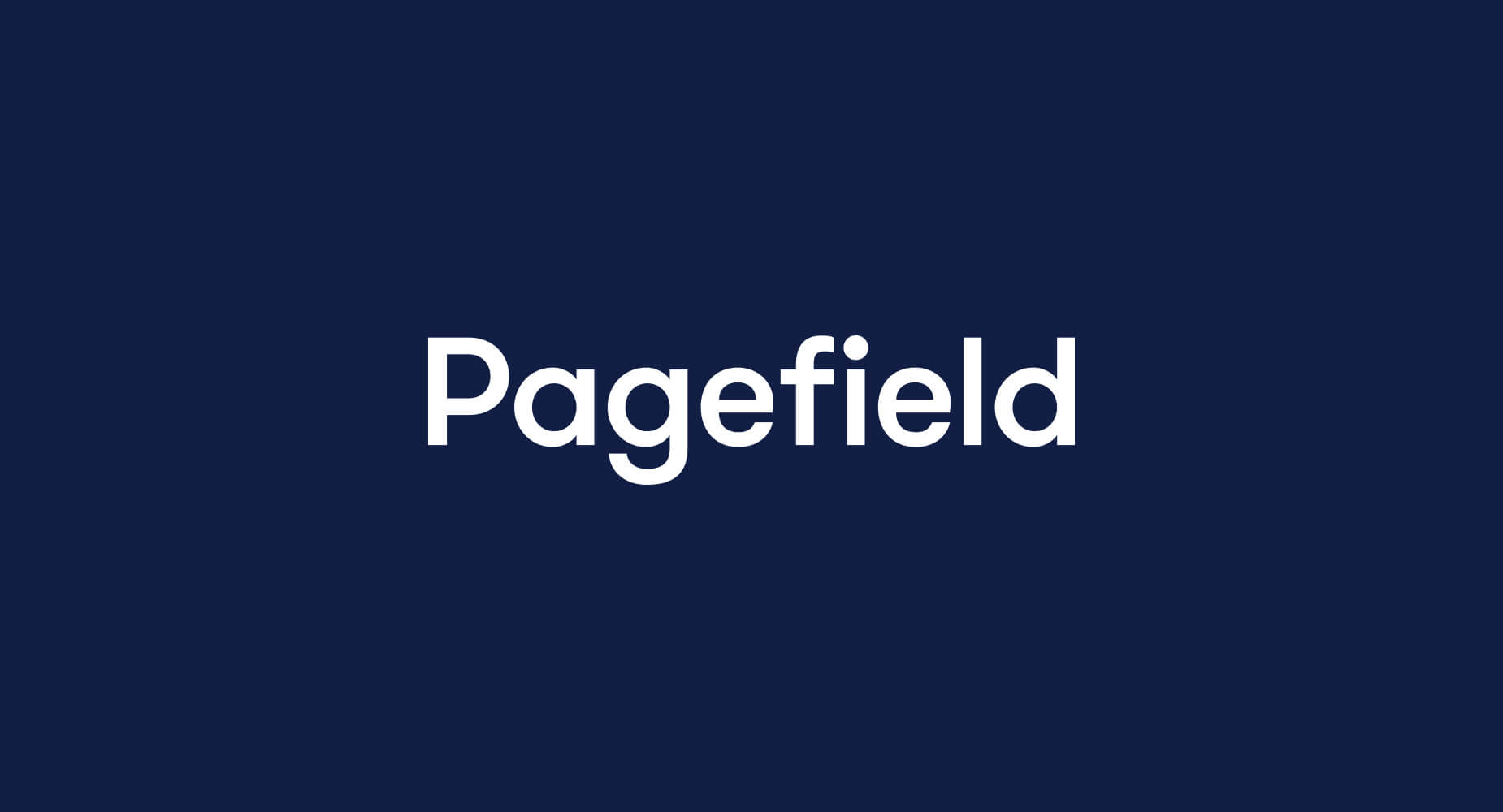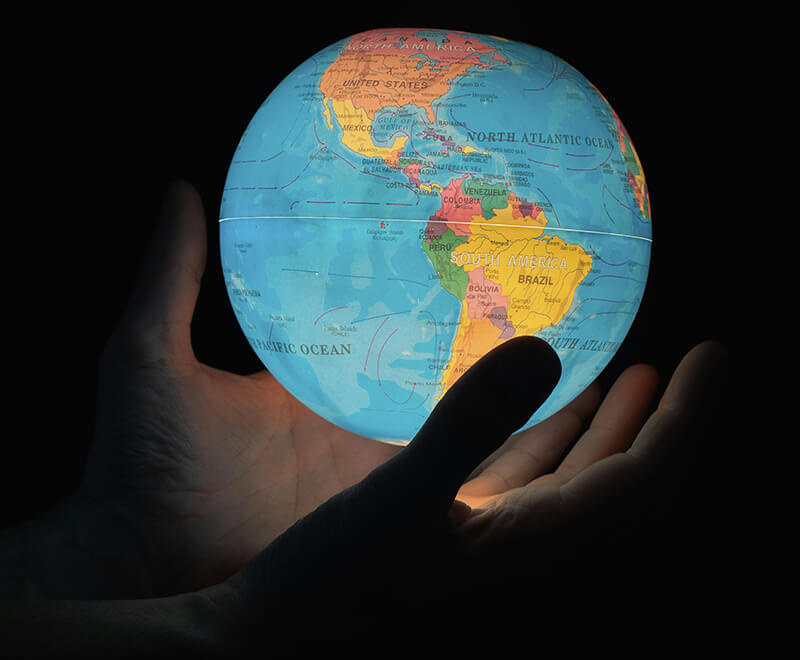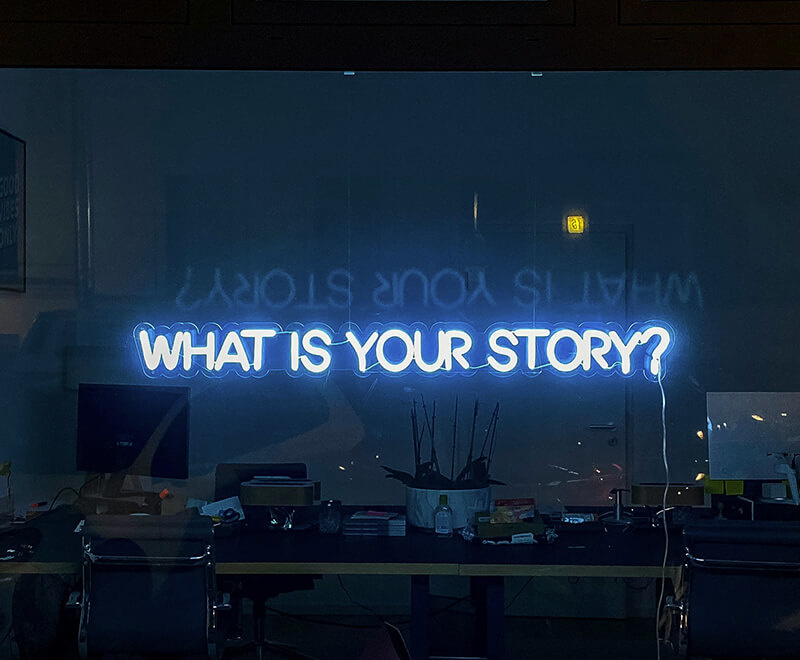It’s an issue that’s been receiving plenty of media attention over recent months, but today it was announced that an official inquiry is being launched by the Culture, Media and Sport Select Committee into ‘fake news’. Ben Winter takes a look at the fake news phenomenon, why it’s an issue and asks whose responsibility it is to regulate.
What happened?
‘Fake News’: along with ‘Donald Trump’ and ‘Sean Spicer’, these are perhaps the two words most associated with the post-truth phenomenon.
With headlines varying from the mischievous (“Shocker: Donal Trump, US President-Elect, Was Born in Pakistan”) to the serious (“ISIS Leader calls for American Muslim voters to support Hillary”), the fake news phenomenon has been bubbling away for some time now. A topic in vogue, the matter of how we deal with deliberately inaccurate news has for months been extensively covered in topical programming; Sky News, LBC, Any Questions, Question Time have all wrestled with the issue.
Today however, it hit Parliament’s agenda, with the Culture, Media and Sport (CMS) Committee announcing that it would investigate the sources of fake news, how it is spread and its impact on democracy.
Why is it important?
A 19th century Baptist minister, Charles Spurgeon, coined a phrase that neatly sums up the problem – “a lie can be halfway round the world before the truth has got its boots on” – and that was 100 or so years before the dawn of social media.
2016 saw fake news being churned out on an industrial scale. As noted by Sky News, some of last year’s top fake news stories included the Queen threatening to abdicate if the UK voted to leave the EU, the Pope endorsing Donald Trump and Hillary Clinton selling weapons to ISIS. In an age where media is consumed both constantly and rapidly, by the time a fake story is shared and read widely, a reactive piece or quote debunking a myth can be easily muted, or in some cases intentionally ignored.
Back in November, a BuzzFeed News analysis found that top fake election news stories generated more total engagement on Facebook than top election stories from 19 major news outlets combined. Conclusions like this have inevitably led to fears that fake news is a real and growing threat to the democratic process. These fears, at least in my opinion, are not unfounded. In December I listened to a fascinating episode of R4’s ‘From Our Own Correspondent’ in which Emma Jane Kirby visited Veles, a small city in Macedonia, where teenagers were making thousands of dollars by feeding fake news to a US audience during the Presidential Election.
MPs have clearly identified that there is a real problem here. They will likely find that the solution is not so clear however.
What’s the reaction been?
With reports developing that executives at Facebook, Google and Twitter may be called into Parliament and questioned as to whether they are doing enough to stop the trend, much of the conversation has been around who is responsible for regulation. Speaking on Sky News Damian Collins MP (Chair of the CMS Select Committee) made it clear where he stood, saying that he expected big media firms and social media platforms should take action.
Meanwhile BBC News has assembled a crack team – those behind the BBC World Hacks (their solutions-focussed journalism unit) – to look into some of the most promising potential solutions.
Best headline?
In a sea of fairly uninspiring headlines clickbait specialists Breitbart News could be relied upon for standing out from the crowd: “MPs to Investigate ‘Fake News’ after Populist Victories at the Polls”
What’s next?
The objectivity and accuracy of all media has always sat somewhere on a spectrum. It would of course be naïve to forget that the accuracy and reliability of what we would nowadays term the mainstream media has at times been called into question over the years. But this has always been fairly manageable with media generally held to account when editorial is proven inaccurate or misleading. The problem we’re facing today comes down to an issue of scale and accountability.
Fake news is growing because it is big money; ‘click-bait’ that pulls in advertising revenue per click for the creator. It is also very difficult to regulate and largely unaccountable. So whose duty is it to police this? Many would argue that any government legislation would represent a slippery slope. But, despite it being the politically attractive option, should all responsibility lie with digital platforms where these stories are shared?
Will we see a future where media must subscribe to a trust kite mark – perhaps awarded by bodies such as Full Fact – which acts as validation for readers? Is it, as R4 Today presenter Nick Robinson argues, just a case of consumers being more discerning with their choice of media – as they are with any other product on the market?
As reported in the Mail, according to a YouGov study from December two-thirds of Britons believe that social media platforms should be doing more. This is a statistic that is not likely to have slipped through the net during the CMS Select Committee’s pre-inquiry research. We can be sure that Google, Facebook and Twitter will now be prepping their spokespeople for a good, old-fashioned Select Committee grilling.



